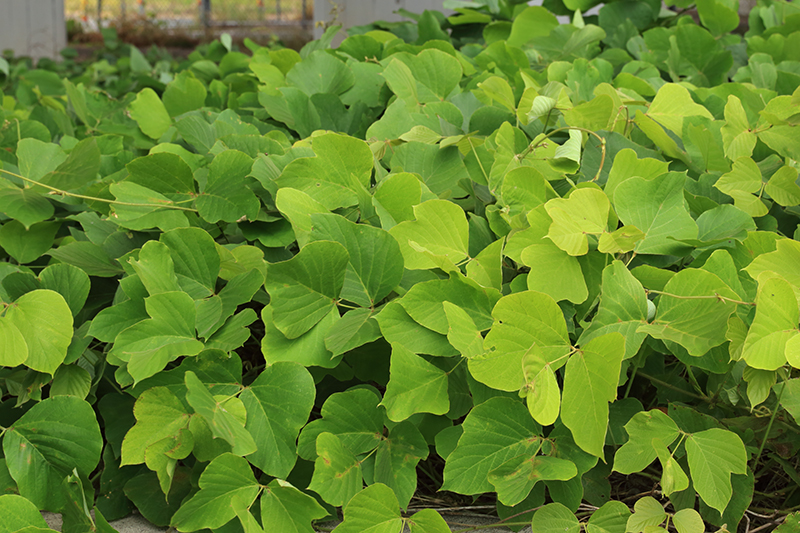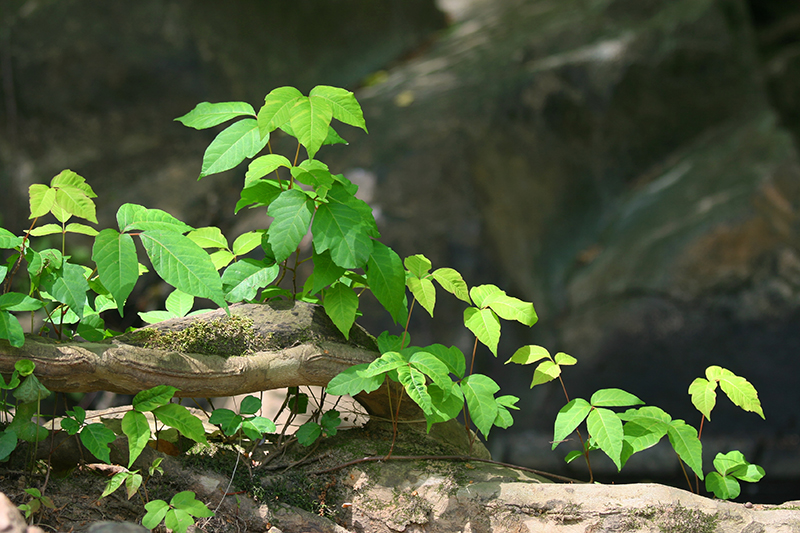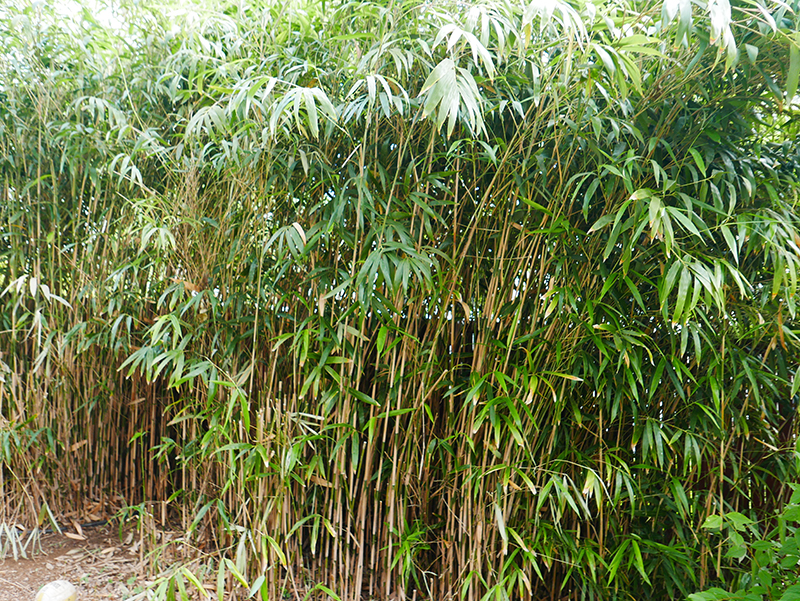I Continuously Get a Truelia Pop Up How to Remove
How to wage war on the wiliest weeds of the bunch — and conquer them for good.
There are weeds, and then there are weeds with monikers like "the vine that ate the South" or "the world's fastest-growing plant." If you're waging a war against the latter, then you've come to the right place.
Here, we're discussing kudzu, poison ivy, and bamboo — three of the biggest, toughest, and most reviled weeds in the U.S. Yes, there are others, but whichever aggressive weed you're dealing with, the following tips still apply.
Weed-killing basics
- Get weeds while they're young — not after they've spread under your sidewalk or swallowed your dog.
- Wait until the soil is damp. Some weeds have stubborn taproots that won't budge in dry soil, while others have long, brittle runners that break off and regrow.
- Avoid dropping any weeds, seeds, or roots, and skip the compost pile altogether. Unless your compost is efficiently run and steaming hot, the worst of the weeds will survive there. Instead, bag them up and kick 'em to the curb.
- Know your enemy. Identify and read up on the weed in question to learn how it grows, survives, and propagates itself. Otherwise, you might end up inadvertently spreading it across your garden.
Kudzu
How do you kill "the vine that ate the South" when it's resistant to herbicides? Removing kudzu is easier than you'd think, provided you understand its growth habit.

Kudzu spreads by sending out stems that form roots whenever the nodes touch the soil. Each rooted node forms its own crown and becomes a new self-sufficient plant, so you cannot allow any stems to touch the soil. Prevent new stems from taking root by covering exposed soil with clippings or mulch.
To remove established kudzu plants, a few specialized garden tools will make the job easier:
- Folding handsaw or cordless reciprocating saw
- Sturdy prong hoe
- Pick mattock
Whenever you see a "crown," which is where the stem meets the root, pry it upward with the pick mattock so you can cut above the roots with the saw. It's a labor-intensive method, but it's much faster and more effective than using herbicides.
Poison ivy
There's no easy way to deal with poison ivy, but the very worst thing you can do is treat it like any other weed.

Poison ivy and poison oak both have three leaflets, and they're feared for the wide range of allergic reactions they cause. The "poison" is oil called urushiol, and if you get it on your clothes, loppers, or favorite pair of gardening gloves, it can cause a mysterious rash up to a year later.
You can kill poison ivy with a systemic herbicide, but you don't necessarily want any of that on your skin, either. Even the natural alternative — a homemade solution of dish soap, vinegar, and salt — can kill nearby plants and remain in the soil afterward. And neither solution is guaranteed to work.
Unfortunately, the best way to kill poison ivy is the old-fashioned way: carefully. Rubber gloves and a trowel might be enough to pull up seedlings and small plants, but if you're dealing with an established vine, dress from head to toe with old clothes, gloves, washable boots or shoes, a mask, a hat and protective eyewear.
One cut is all you need, and anything above that will die on its own. Cut eight or more inches below the crown, and smother the remaining roots with cardboard or plastic to prevent regrowth. When you're done, render your clothes itch-free by washing them on the hottest setting.
Bamboo
If it's true that good fences make good neighbors, planting bamboo as a privacy screen will make you a very unpopular neighbor indeed.

Bamboo is known as the fastest-growing plant in the world, and "running" varieties love to run underground and pop up all over your yard. Clumping varieties are better behaved, but the majority of bamboo species you'll find in a temperate climate are aggressive and unsavory sorts.
Unless you're thinking of trying your hand at Japanese fence-building techniques, don't bother cutting down the entire grove, especially if it's mostly on your neighbor's side. Killing it with Roundup will leave you with a lot of dead canes, but it likely won't kill the entire root system.
Since new canes only emerge once a year, the best way to eliminate running bamboo from your property is to wait until the new and tender culms emerge in spring, then cut them all to the ground with a lawnmower — or even with a few good kicks. That's it!
Related:
- How to Get Rid of Weeds for Good
- The Cure for a Cluttered Garden
- 6 Garden Varieties for Every Type of Homeowner
williamsontravensivers.blogspot.com
Source: https://www.zillow.com/blog/rid-yard-aggressive-weeds-229176/
0 Response to "I Continuously Get a Truelia Pop Up How to Remove"
Post a Comment